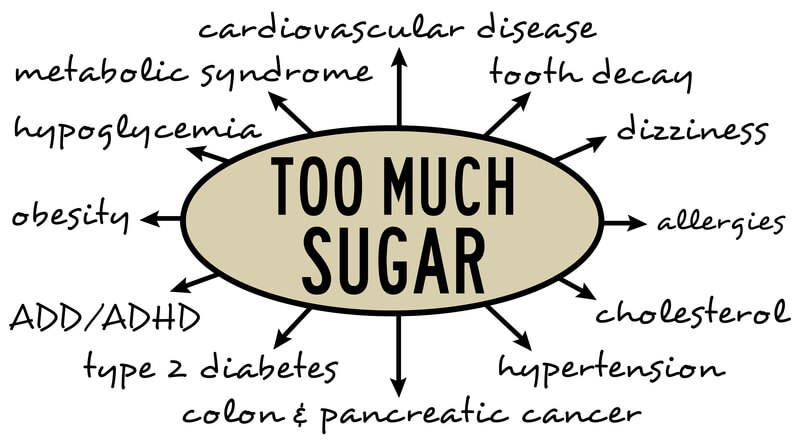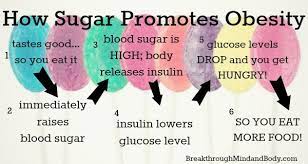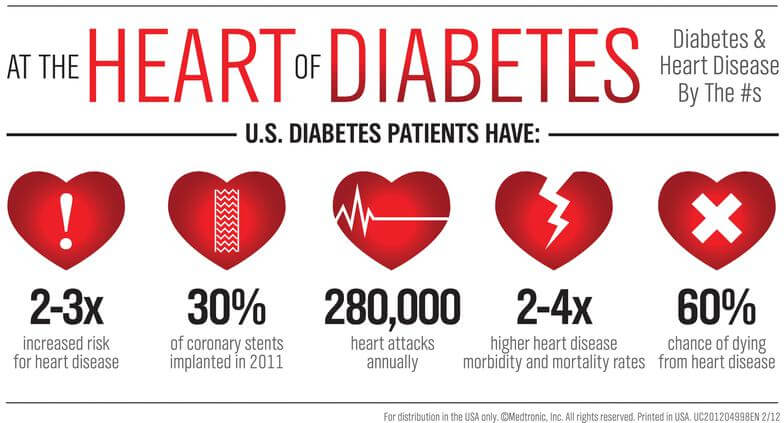Hey there! Have you ever wondered if sugar is really as bad as people make it out to be? Well, get ready to uncover the truth. In this blog post, we are going to dive deep into the world of sugar and explore its negative effects on our health. Whether you’re a sugar lover or just curious about the impact it has on your body, this post is for you. So, let’s get started and find out if sugar is slowly killing you!
The Sweet Trap: How Sugar Sneaks into Our Lives
From the moment we wake up to the time we go to bed, sugar is everywhere. It disguises itself in sweet treats, beverages, condiments, and even savory foods. No wonder it’s so challenging to avoid! Sugar has become a staple in many people’s diets, but unfortunately, it comes with a price.

The Sugar Rush: What Happens When You Consume Sugar?
When you consume sugar, your body experiences a sudden spike in blood sugar levels. This sugar rush might make you feel energized and euphoric for a short period. However, the crash that follows can leave us feeling tired, irritable, and craving more sugar. It’s a vicious cycle that can have long-lasting effects on your health.
The Silent Killer: Negative Effects of Sugar

1. Weight Gain and Obesity

Excessive sugar consumption is a major contributor to weight gain and obesity. When you eat foods high in sugar, your body converts it into fat, which leads to those extra pounds on the scale. Moreover, sugary drinks like sodas and fruit juices are particularly harmful as they’re packed with calories and offer little nutritional value.
2. Risk of Type 2 Diabetes
High sugar intake can increase the risk of developing type 2 diabetes. When you consistently overload your body with sugar, your pancreas has to work overtime to produce insulin. Over time, this can lead to insulin resistance, a condition where your body becomes less responsive to the insulin produced. As a result, blood sugar levels rise, paving the way for type 2 diabetes.
3. Heart Disease

Foods high in sugar, especially those laden with added sugars, can contribute to the development of heart disease. High sugar intake leads to increased triglyceride levels, lower levels of HDL (good) cholesterol, and elevated blood pressure. All these factors combined can strain your cardiovascular system and increase the risk of heart disease.
4. Dental Decay
We’ve all heard that sugar is bad for your teeth, and it’s true. When you consume sugary foods and drinks, harmful bacteria in our mouth feed on the sugars, producing acids that attack your tooth enamel. Over time, this can lead to tooth decay, cavities, and gum disease. It’s essential to maintain good oral hygiene and limit our sugar intake for optimal dental health.
5. Mental Health and Well-being
Believe it or not, excessive sugar consumption can impact our mental health and overall well-being. Studies have shown a link between high sugar intake and an increased risk of developing depression and anxiety. Additionally, the sugar crash you experience after consuming sugary foods can negatively impact your mood and energy levels, leaving us feeling low and tired.
Breaking Free: Tips for Reducing Sugar Intake

Now that you understand the negative effects of sugar, it’s time to take action. Here are a few tips to help you reduce your sugar intake and protect your health:
- Read food labels: Be mindful of hidden sugars, such as corn syrup, fructose, or sucrose, lurking in processed foods.
- Choose whole foods: Opt for fresh fruits, vegetables, whole grains, and lean proteins, which are naturally low in sugar.
- Sweeten smartly: Swap sugary drinks for water, unsweetened tea, or infused water. Reduce added sugars in recipes by using natural alternatives like stevia or cinnamon.
- Plan ahead: Prepare meals and snacks in advance to avoid reaching for sugary convenience foods when hunger strikes.
- Find healthy alternatives: Satisfy your sweet tooth with fruits, dark chocolate, or homemade treats with reduced sugar content.
Conclusion: Take Control of Your Health
Sugar might seem innocent and appealing, but its adverse effects can slowly take a toll on our health. From weight gain and tooth decay to increased risk of chronic diseases, sugar is indeed a silent killer. By understanding the detrimental impact of sugar and making conscious choices, we can take control of our health and protect ourselves from its harmful effects. So, next time you reach for that sugary treat, think twice and consider giving your body the nourishment it truly deserves.
Stay sweet, but not too sweet!
Note: The information provided in this blog post is for educational purposes only and should not substitute professional medical advice. If you have concerns or specific health conditions, it’s advisable to consult with a healthcare professional.








